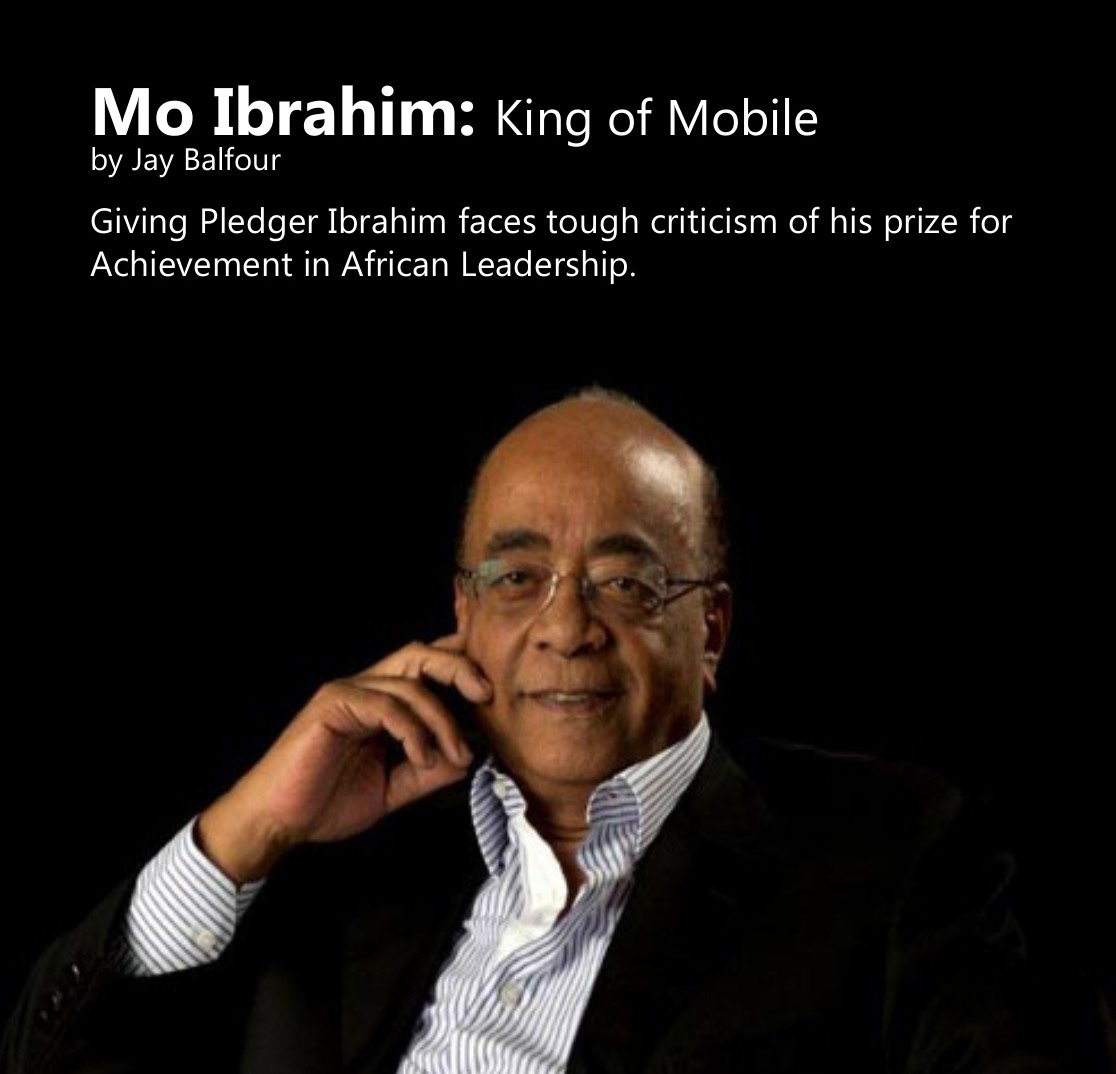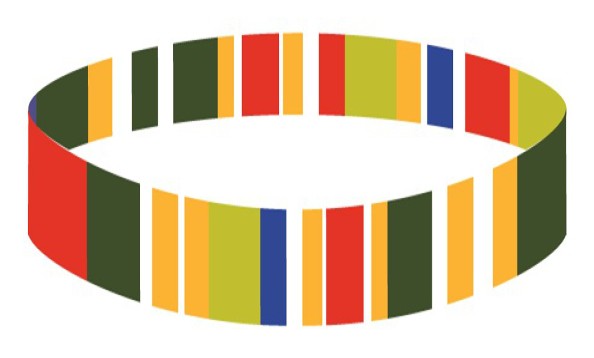



It’s not always easy giving away a lot of money, and arguably no philanthropist has learned that lesson more than Mo Ibrahim.
Born in the Sudan in 1946, Ibrahim—who describes himself in his Giving Pledge letter as “a very lucky African boy”—earned a degree in electrical engineering in Egypt; after emigrating to Britain in the 1970s, he did graduate work in engineering and mobile communications that became the basis for his career. After working for several other telecommunications companies in London, including British Telecom, he founded Celtel, which built and operated mobile networks across Sub-Saharan Africa. Less than a decade later, in 2005, Ibrahim sold Celtel for $3.4 billion. Around the time of the sale he wrote, “I had to face the big question, ‘Now what? Where to go from here?’ I knew that I needed to go back and do something for our people. It is a moral duty and African custom to look after your extended family. I felt my extended family reached from Cairo to Cape Town.”

The result was the Mo Ibrahim Foundation and its brief was to encourage better governance in Africa. To do this it created the Mo Ibrahim Prize for Achievement in African Leadership, a $5 million award distributed over ten years with an additional $200,000 annual payout for life. The prize is awarded to African heads of state who “deliver security, rule of law, economic opportunity, infrastructure, management of public finance, transparency, education, health and citizens rights” to their citizens and who are elected to office and democratically transfer power to their successors. Under the scope of the foundation, Ibrahim also created an Index of African Government, a scorecard that measures more than 100 parameters of governance. Ibrahim's focus on leadership grew out of his own experience walking away from bribes and corrupt licensing deals in Africa, and business transparency became a central publicity campaign for Celtel.
The problem with the award is that the foundation has had a notoriously difficult time finding deserving recipients. Since it was launched in 2007, the prize—which dwarfs the Nobel Prize of about $1 million—has been awarded only three times. “No Mo Ibrahim Prize awarded, once again,” a headline in Al Jazeera proclaimed in 2013, the second consecutive year such an announcement was called for.
The prize was first awarded in 2007 to President Joaquim Chissano of Mozambique, and then in 2008 to Botswana President Festus Mogae. In 2011, the foundation granted former Cape Verde president Pedro de Verona Rodrigues its third prize (excluding the honorary prize it gave to Nelson Mandela the first year).
While Ibrahim and his blue-ribbon board defend their right to withhold the award, the omission year after year has heightened what was already a storm of criticism. At one point, Ibrahim asserted that spotlighting the winners helped erase the “cartoon” image of African leaders, but the shortage of winners has itself been something of an embarrassment. Furthermore, the award itself has proven highly controversial. In a piece in The New Yorker, critics asserted that the prize has been given to worthy leaders of countries that are nonetheless riddled with corruption, like Mozambique; that it has not been given to the heads of state of countries, such as Ghana, that are better-run than Mozambique; that it rewards—even bribes—people for behaving the way they’re supposed to behave; and that it “overemphasizes the power of leaders and underemphasizes the power of everyone else.” Above all, it has been suggested that, especially on a continent where poverty is rampant, the money might be better spent elsewhere. Separately, the Index of African Government has also come under fire. Critics complain that the scoring is distorted, giving equal weight to “freedom of expression” and, say, “immunization from measles.”
Ibrahim, for his part, defends both the prize and the index. He argues, with some justice, that those who equate the prize with bribery are naïve, that—unlike Western heads of state like Bill Clinton or Tony Blair—African leaders have little opportunity to make legitimate fortunes when they retire. He maintains that the important thing is to raise the bar for African leadership, even if it means often withholding the prize. And others, some of them African, say that the index, whatever its drawbacks, has influenced contributions from the West and spurred African countries to compete with each other for superior rankings.
Perhaps recognizing the prize’s limits, however, Ibrahim has also established foundation fellowships: Every year a few individuals will be paid handsomely to work for the heads of three institutions—the African Development Bank, the World Trade Organization and the Economic Commission for Africa—that have considerable sway over the future of the continent. Conceivably, those fellows could one day emerge as leaders of their countries—and recipients of the Mo Ibrahim Prize for Achievement.
In the meantime, it’s arguable that Ibrahim’s greatest contributions to democracy in Africa are the cellphones he made accessible. As The New Yorker recently noted, the Arab spring that begain in 2010 in Egypt, Tunisia, and Libya was fueled by mobile phone emails, Tweets, and videos. Ironically, it’s been as a businessman, if not as a philanthropist, that Mo Ibrahim has most transformed Africa.